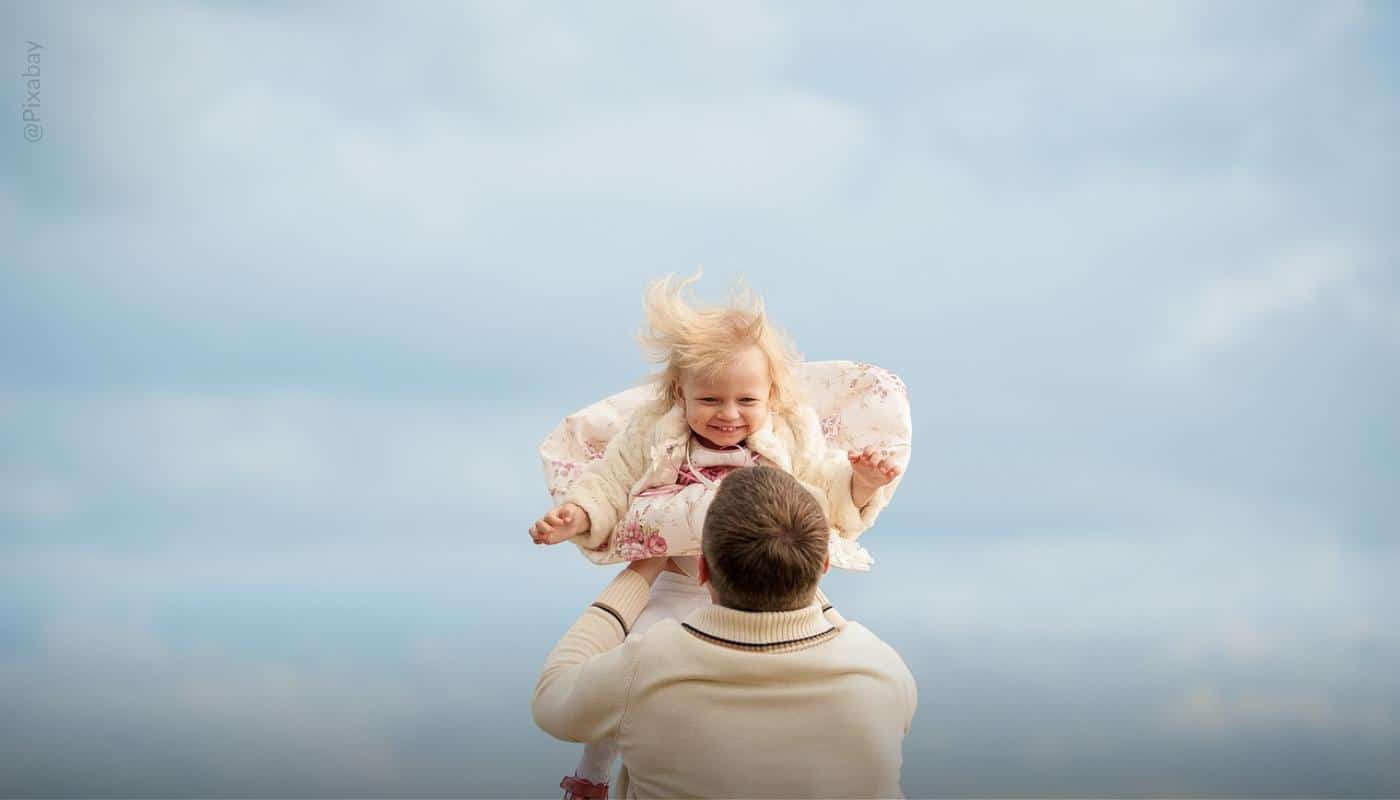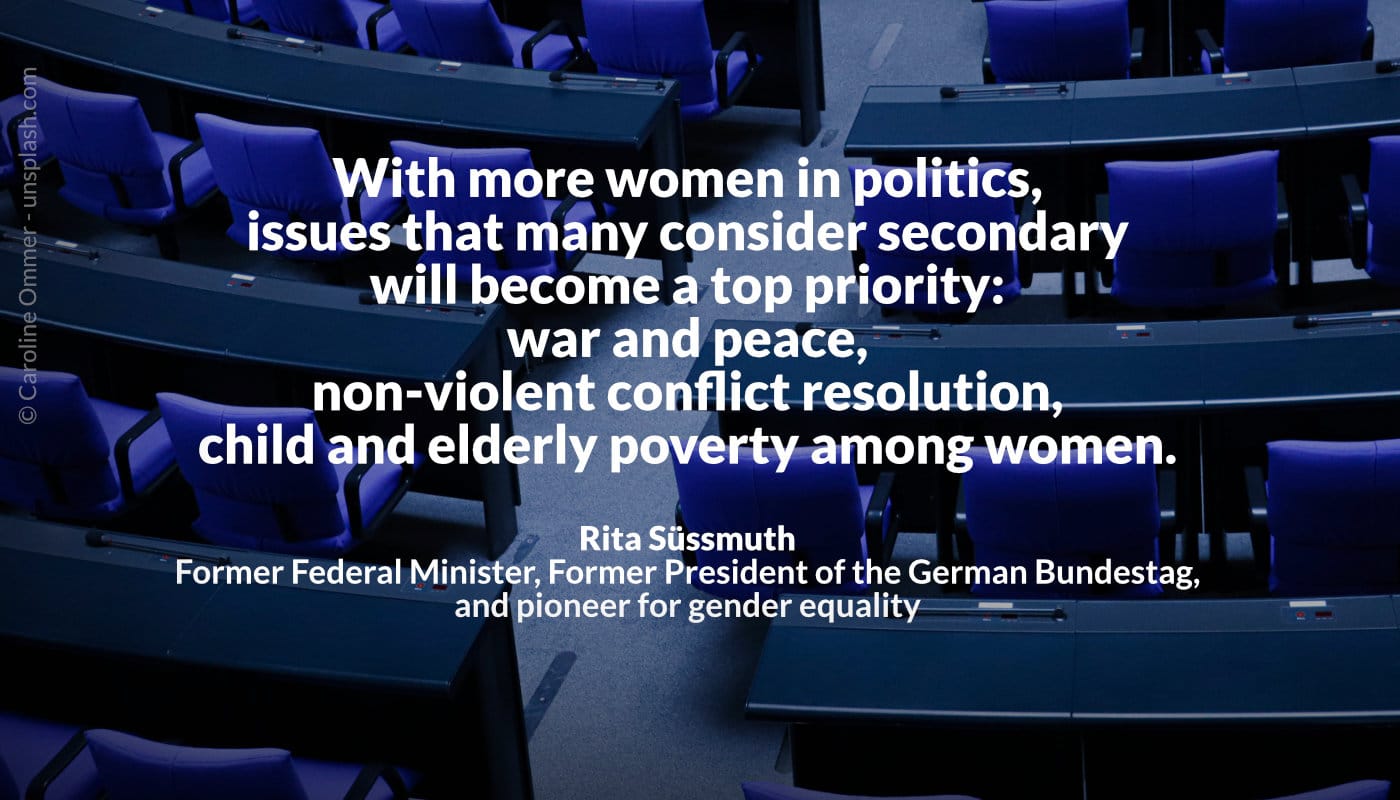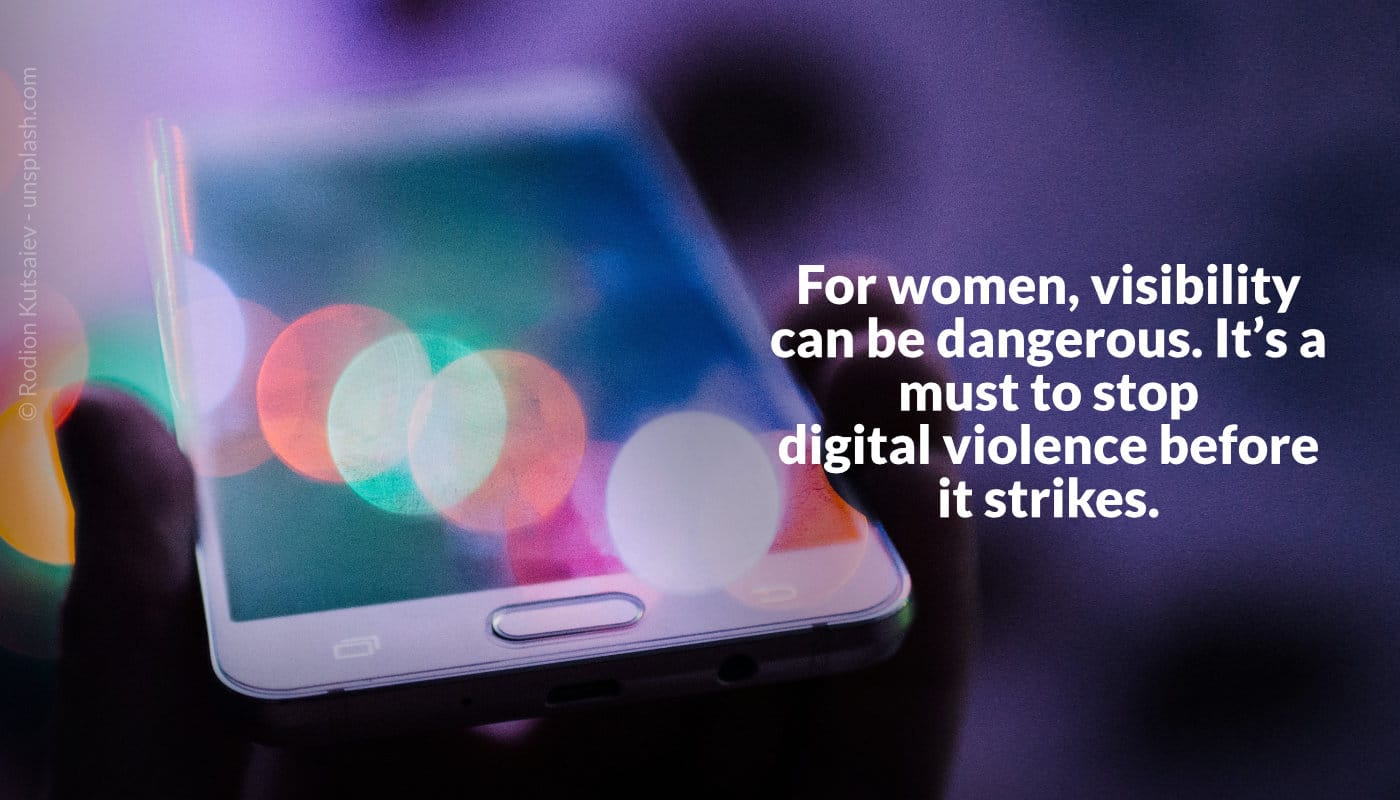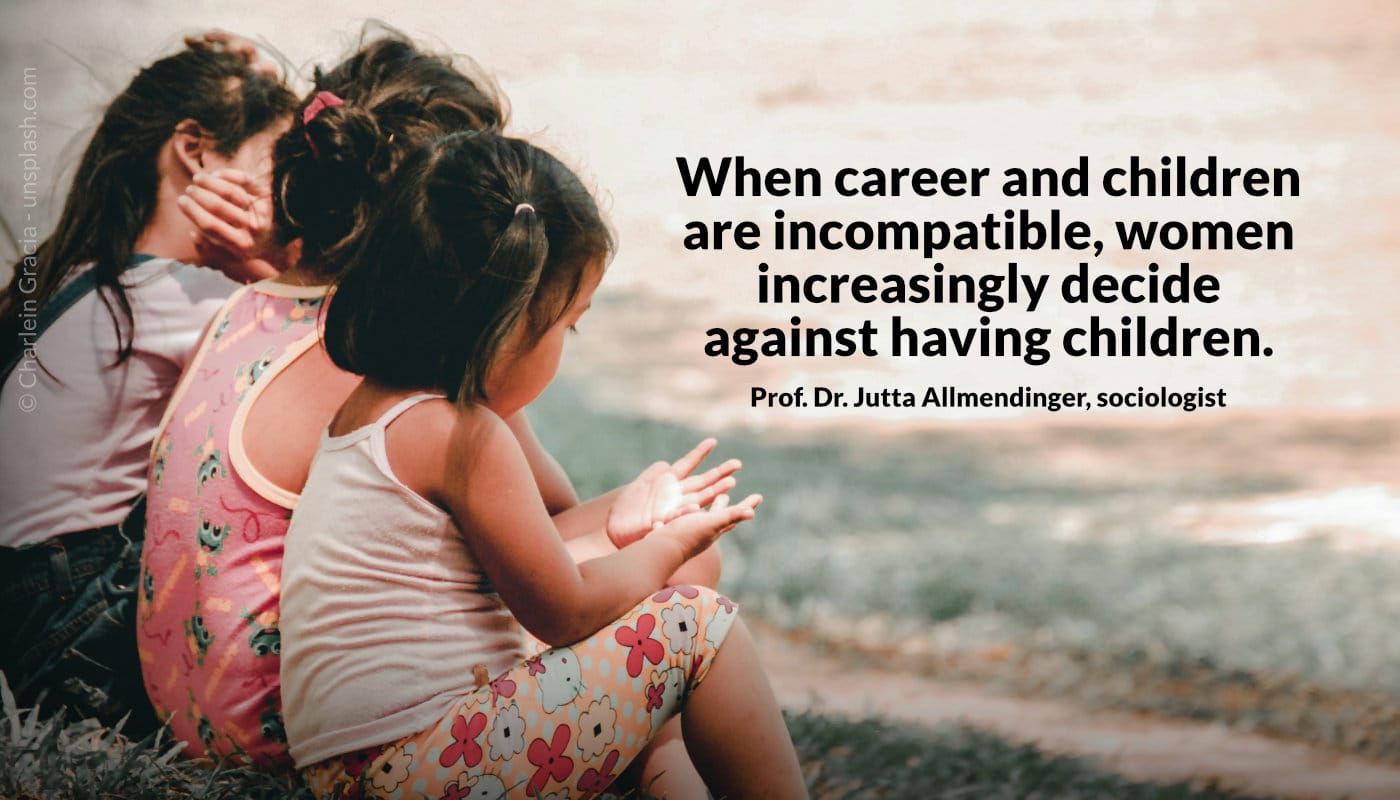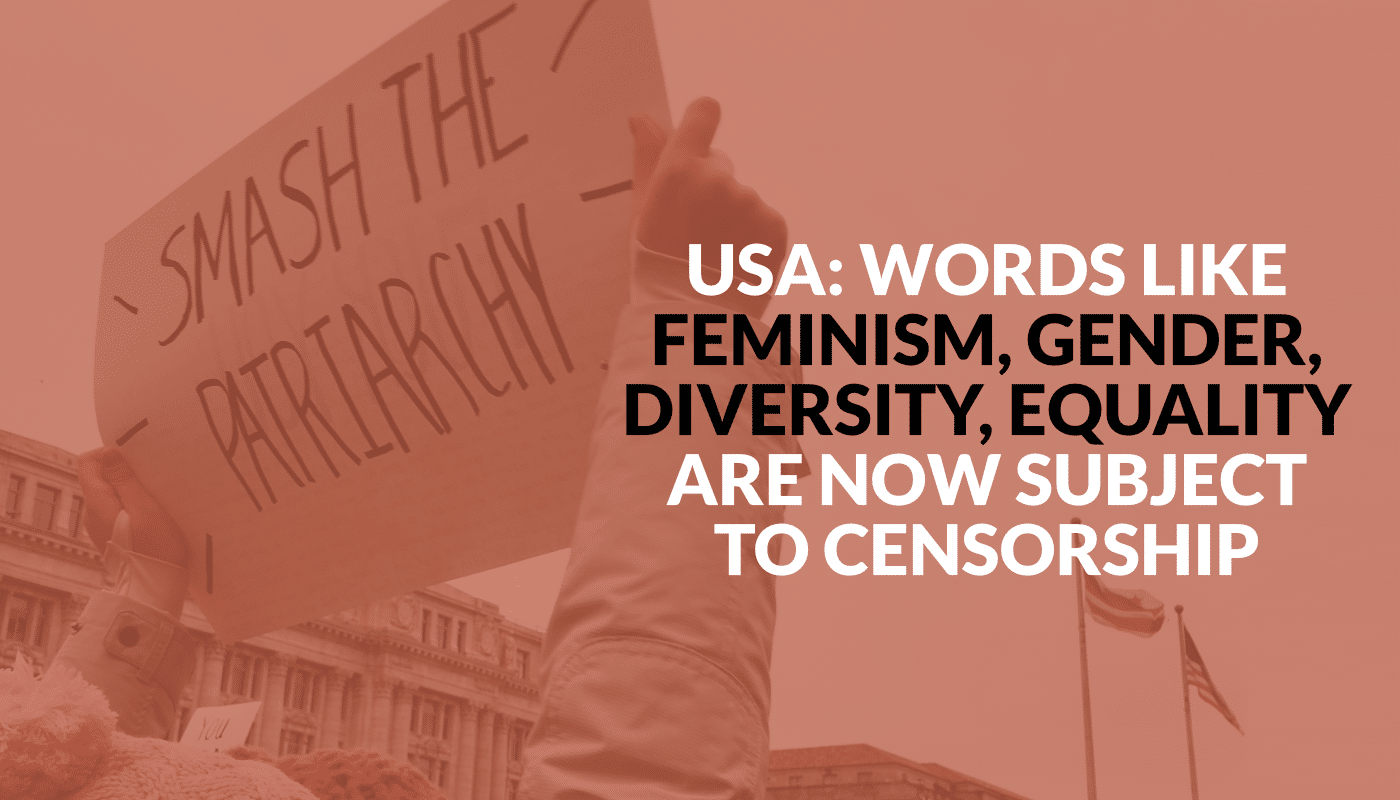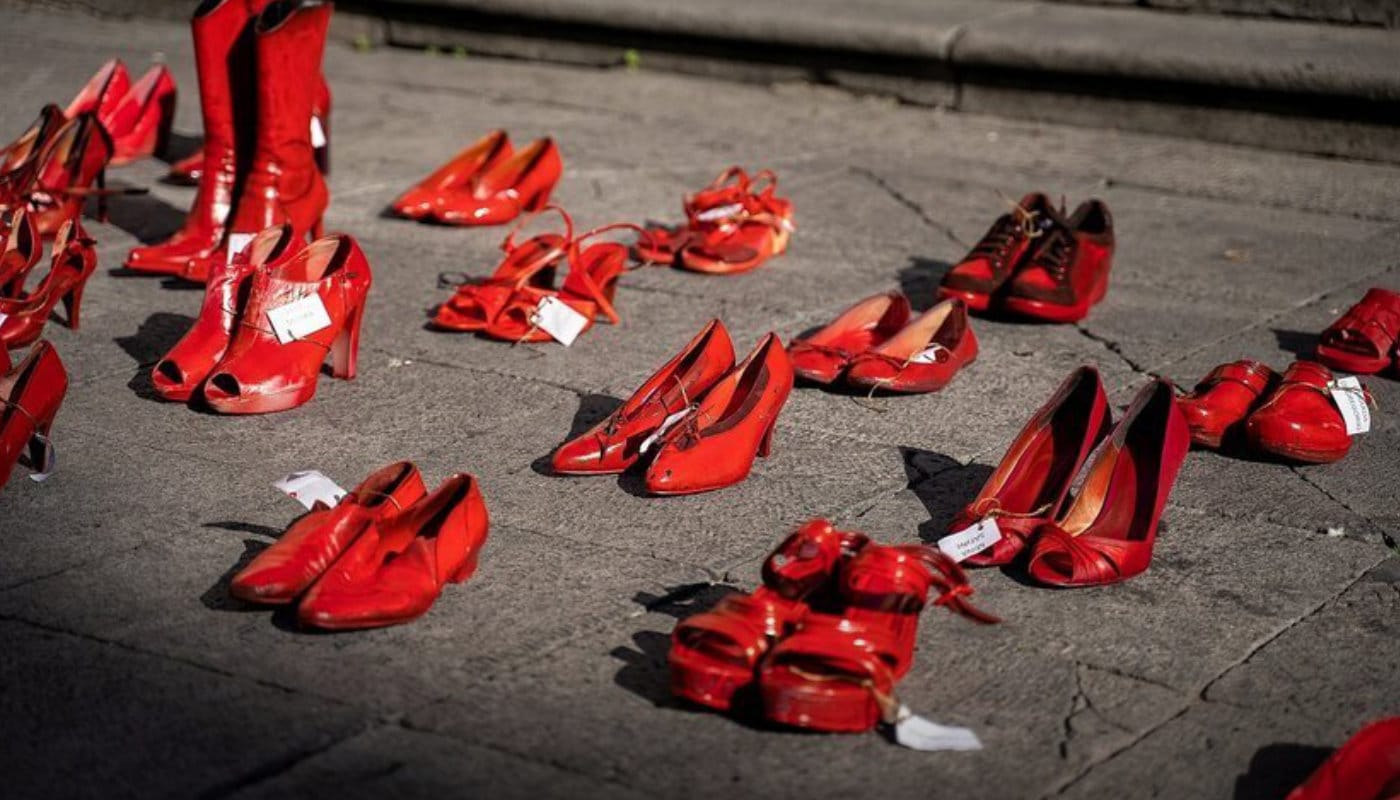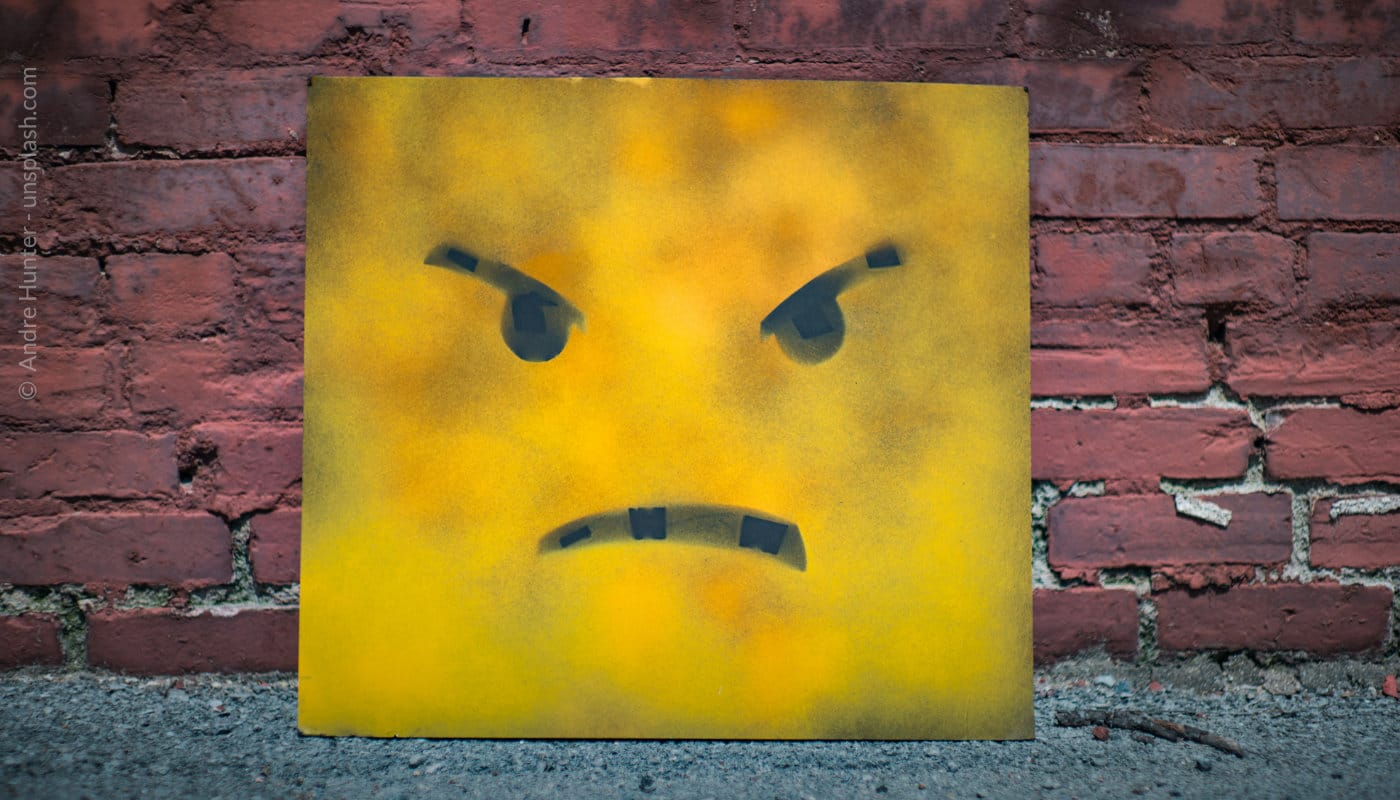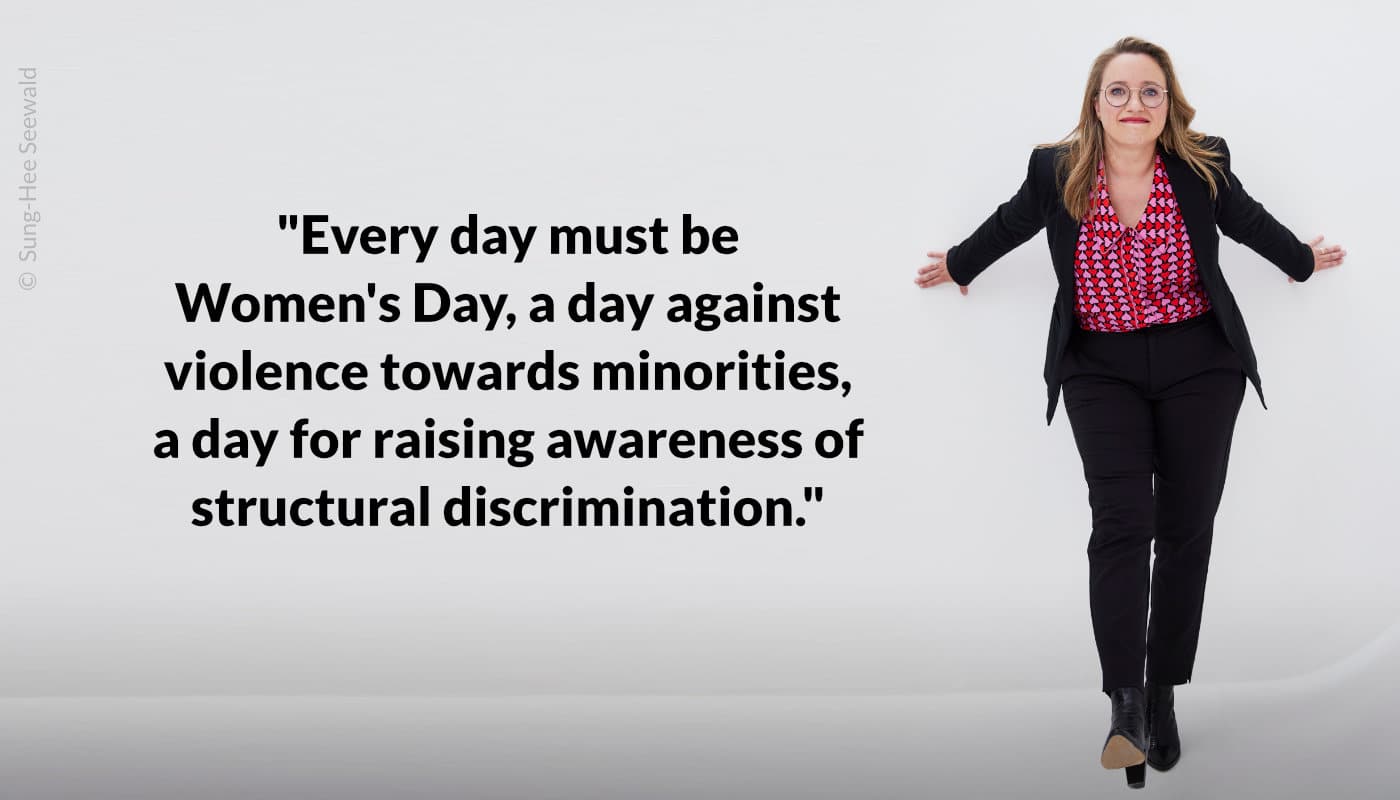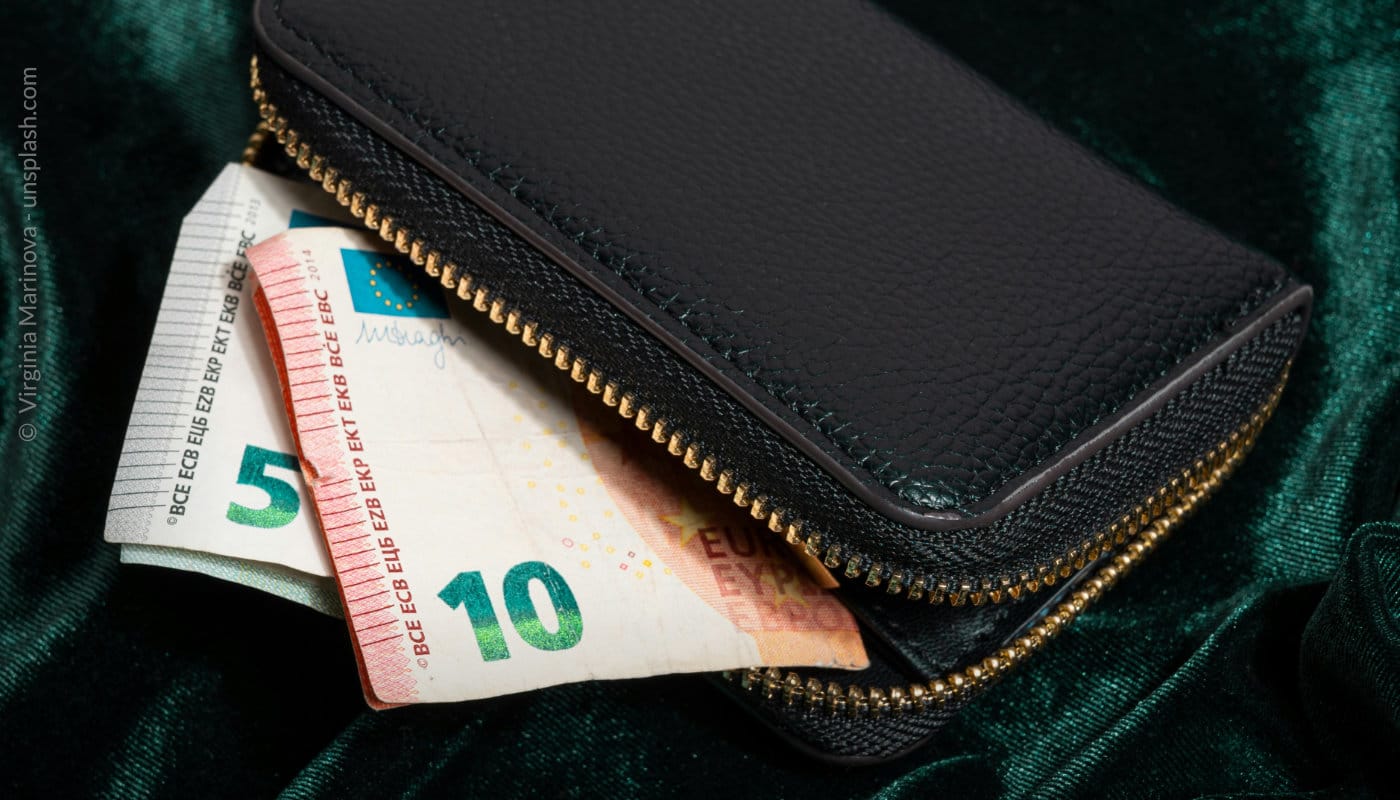The Berlin publisher Der Tagesspiegel (T+) headlines: **”So Much for Equality: The Illusion of the Modern Father”**. “Today’s fathers are empathetic and almost feminist—but unfortunately only on Instagram. A few Dadfluencers don’t change the German family image at all.”
Natalie Mayroth summarizes the article at Forum.eu:
Some “Dadfluencers” online portray fatherhood as a personal journey of self-discovery. “Dadfluencers give other fathers the feeling of being seen in a way they haven’t been before,” says manager Cameron Ajdari, whose agency represents several of these internet stars. Both brands and parents around the world are eager for Dad-related content, leading to an increase in such accounts.
The portrayal often bears little resemblance to the reality of fatherhood, according to Der Tagesspiegel. It is also new that “fatherhood is not just a task but an identity—one that can ideally be marketed.”
But how does equality look outside the Instagram world?
“Every second father would like to take on half of the caregiving responsibilities,” the preface of the ‘Väterreport’ (Fathers Report) by the Federal Ministry for Family Affairs, Senior Citizens, Women and Youth optimistically states—only to admit in the next sentence that “in reality, this is only achieved by one in five fathers. The gap between desire and reality is still large.” (…) Even though many fathers find it fulfilling and admirable to spend time with their children or view family responsibilities as a joint effort with their partners—according to ministry surveys—this does not significantly change the facts. Overall, 48 percent of German fathers still belong to the ‘convinced traditionalists’ or ‘established conventionalists,’ who believe that men should earn money and women should manage the household and family.”
Mayroth concludes that while different role models can be beneficial, they should not merely serve as marketing strategies.

Published by herCAREER,
Posted on LinkedIn on 31.07.2024
